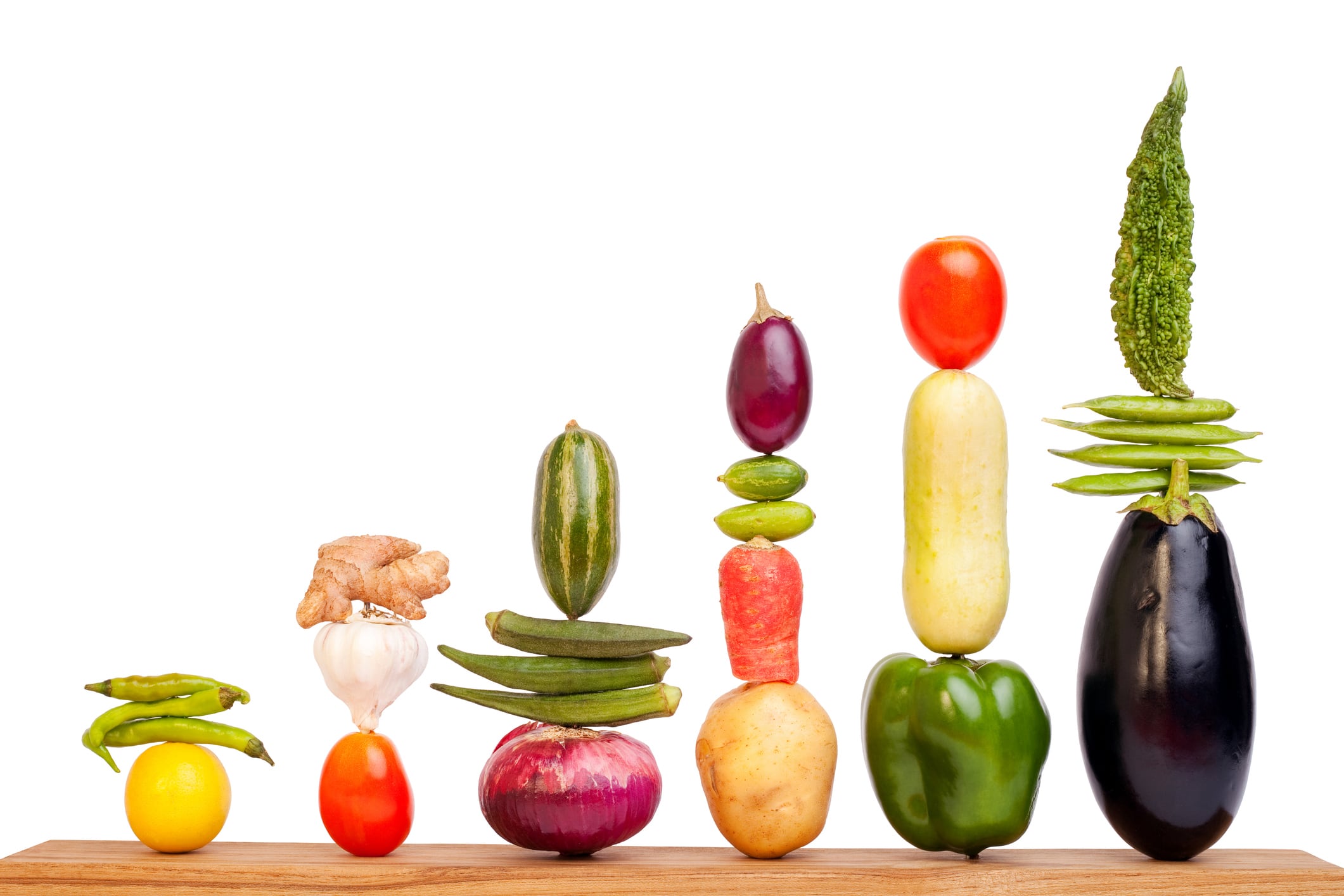The food industry is facing a major sustainability challenge. It has always been tricky to measure Scope 3 emissions produced in the supply chain and from other external sources, particularly for businesses that rely on a vast range of products and ingredients sourced from all over the world. Mapping out that information can be a challenging undertaking, particularly when some of the data is incomplete or inaccurate. Yet it’s also unavoidable.
With new EU sustainability rules due to be finalised within a matter of weeks, the task of measuring Scope 3 emissions is becoming ever more pressing – and it’s no small matter. It’s little wonder that some food businesses simply don’t know how to proceed and are worried about the changes. They know that strict new compliance requirements are incoming and genuinely want to do their bit to drive down emissions and improve sustainability. But the sheer complexity of the challenge can be overwhelming. However, there is good news for businesses concerned about how to comply with the rules.
Getting on board with the omnibus
In March, the European Commission is expected to update and amend sustainability requirements under regulations including the Corporate Sustainability Reporting Directive (CSRD). The so-called ‘omnibus package’ will consolidate a range of rules with the aim of improving business competitiveness while achieving green goals.
It’s hoped the omnibus will streamline reporting for businesses of all sizes and reduce administrative costs, while enhancing the visibility of ESG impacts. EU nations are currently debating timelines for the sustainability reporting amendments, with the European Commission expected to propose a solution that balances the needs and expectations of its member states.
The implementation of new rules will be a crossroads for the food industry in Europe, which is already one of the most highly regulated in the world and has stringent standards on safety and consumer protection. Yet the omnibus is not just regulation for regulation’s sake. It responds to growing consumer demand for ethical products and public desire for genuine action to improve the sustainability of many sectors, including the food industry and the fast-moving consumer goods market. In that sense, it is also an opportunity for businesses to clearly demonstrate their commitment to values held by growing numbers of their end customers
Preparing for change
There is no doubt that new regulations can be daunting. Few business leaders wholeheartedly welcome an addition to the compliance burden. They fear it means extra work, cost and potentially the risk of large fines. In this particular case, it is important to remember that the omnibus has the noblest of intentions: improving sustainability. Consumers may also respond favourably to companies capable of clearly demonstrating that they can meet their changing expectations and prove their environmentally friendly credentials without greenwashing.
Support is readily available for businesses as they transition into this new regulatory reality. Investing in the right technology can smooth the path initially and make compliance much more straightforward and environmentally impactful over the long term.
Data and sustainability
A data-driven strategy is key to adhering to the requirements of the omnibus. In the past, recording sustainability data was a time-consuming manual process focused on laboriously entering information into Excel spreadsheets. AI-powered intelligent data management can now automate the integration of ESG and sustainability, offering real-time 360-degree visibility of a range of data, including the Scope 3 emissions produced in an organisation’s supply chain.
The comprehensive view delivered by modern data management solutions is a key enabler of decarbonisation and sustainability practices. When data integration is automated, businesses can save time, reduce costs and drive down errors. Smart data management can break down barriers and turn complex data into actionable insights which can inform better decision-making as well as driving sustainability efforts.
Ingredients for sustainability success
We’re already seeing some really exciting partnerships between technology firms and innovative players in the food sector. For instance, we are working with HowGood to give food manufacturers a better option for managing sustainability data. HowGood runs the world’s largest food product sustainability database, measuring more than 90,000 agricultural emission factors and offering detailed impact assessments covering emissions, water use, biodiversity, labour risk, and land use.
We’ve integrated HowGood’s extensive agricultural datasets with our AI-powered data management systems. Informatica then provided trusted, mastered data to HowGood, which then enriched it with comprehensive sustainability metrics.
This is one example of how food manufacturers, retailers, and suppliers can improve their ability to analyse and report on the environmental and ethical impacts of products and ingredients throughout their supply chain. By embedding sustainability data into procurement and product management workflows, food firms can improve transparency, optimise decision-making processes and make genuine, measurable progress toward decarbonisation and sustainability goals.
What we have learnt on this journey is that complying with new regulations doesn’t have to be a burden. Measuring and reporting Scope 3 emissions was once very difficult – if not impossible. This is no longer the case.
Collaborations and shared data access across the industry will lead to a more holistic view of supply chains and make decarbonisation more efficient. Scope 3 emission rules do not have to be an obstacle to building a more sustainable food sector. When partners with complementary skillsets, experience and competencies work together, they can transform how the industry makes sustainable decisions from farm to fork.




